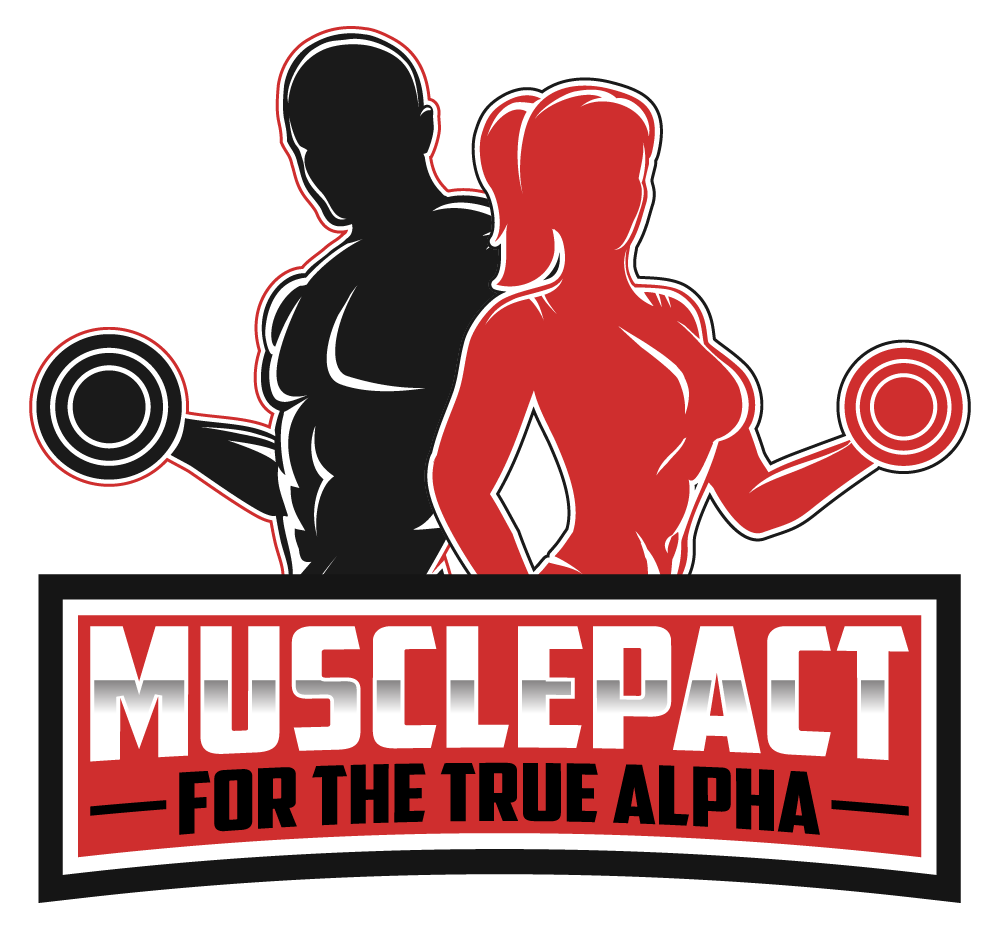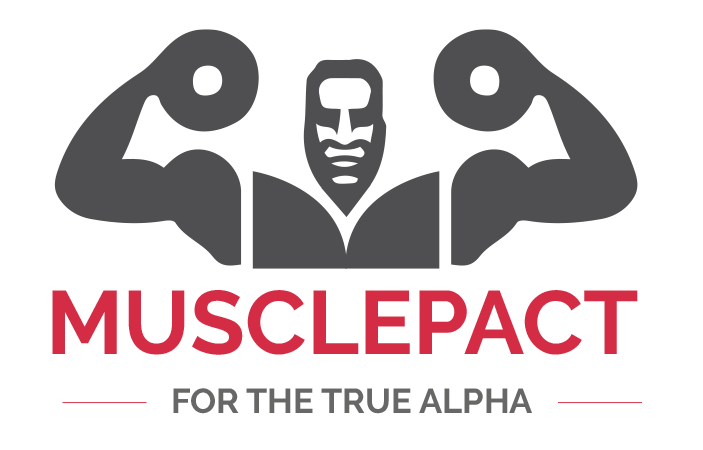When the issue of muscle building is brought to mind, the picture that would often remain is that of grilled chicken breast, steak or whey protein shakes. In the recent past, meat used to be considered as the gold standard for gaining muscle mass. But, with the introduction of veganism to your diet, and a greener lifestyle, the other question arose: Is plant-based protein able to grow muscles like meat?
So, what is the science behind all this? What are the myths? And how can you be strong, lean, and muscular by eating plants?
Understanding Protein and Muscle Growth
In order to get the answer to the main question, we should know the way protein influences the growth of muscles. During resistance training and when you exercise, your muscles are torn a little. Protein also aids in rebuilding and restoring those tears thus your muscles get bigger and stronger.
Every protein is composed of amino acids and a total of 20 of them are used. Nine of them are essential, which is, your body does not make them, and you need to get them in food. These are of very high importance in repairing muscles and in muscle growth.
Meat, dairy and eggs however have all the nine essential amino acids in sufficient quantities. These are what is called complete proteins. Conversely, the vast majority of plant-based protein sources can be described as incomplete, i.e. , i.e. may be deficient in one or more of the essential amino acids.
Complete vs. Incomplete Protein: The Real Story
Most of the plant based proteins are not complete, but that does not make them ineffective. One can mix various vegetable proteins combining them into a complete amino profile. For example:
- Bean and rice
- Lentils and wholegrains
- Whole wheat bread and peanut butter
- Chickpeas and quinoa
Because of the diversity of plant foods available in the diet, it is relatively simple to obtain the recommended amounts of proteins in a day. Additionally, there are plants, i.e. Quinoa, soy, chia seeds, hemp seeds, buckwheat, which are complete proteins by nature.
Thus, the notion that meat is the only source of complete protein is long-past. Intakes of animal proteins can be surpassed or matched using plant-based foods with a clever correlation of them.
What Does Science Say?
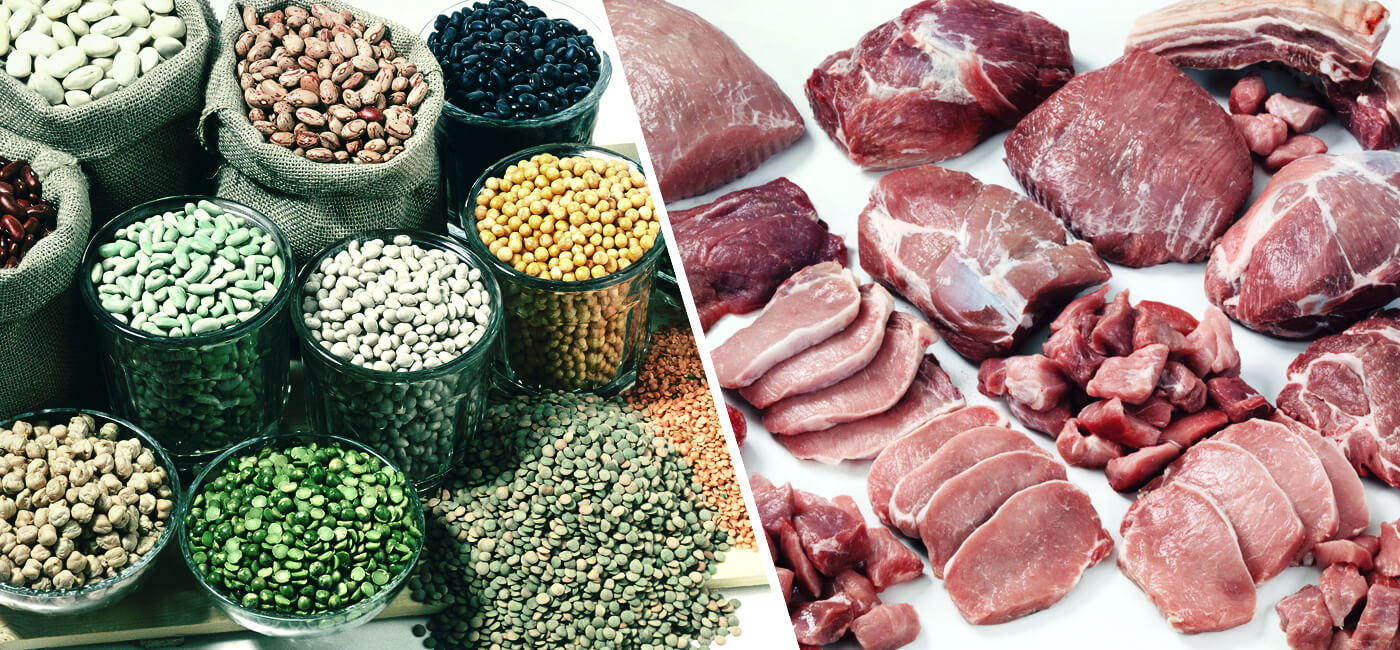
A recent study confirms that plant-derived protein had the same effect in building muscle tissue as animal proteins- provided it was eaten in adequate quantities.
University of Sao Paulo study in Brazil concluded that plant-based proteins maintain muscle mass and strength and specifically the inclusion of soy, legumes, and whole grain in plant-based diets fortify muscle strength and mass.
Another study found people to have grown significantly in muscle when they were consuming either animal or plant proteins. The findings demonstrated that the source of protein was not essential but total protein intake. Muscle mass increased similarly as long as the participants received adequate amounts of protein in total.
Obviously, it has nothing to do with the source of protein, it has to do with its quantity and its planning of the diet.
Top Plant-Based Protein Sources for Muscle Building
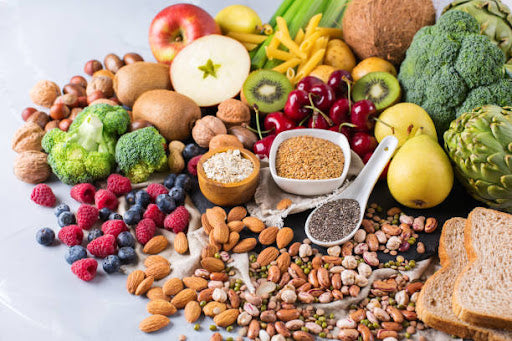
What are the best sources of plant-based protein to build your muscles?:
1. Soy Products
Soy is one of the only plant-derived complete proteins. It is also high in the BCAAs (branched-chain amino acids), which promotes recovery of muscles.
2. Lentils
Lentils have approximately 18 grams of protein in a cooked cup. They also contain a lot of iron, fiber and complex carbs so they can serve as excellent pre or post-work-out snacks.
3. Chickpeas and Beans
Kidney beans, black beans, and chickpeas are good sources of protein and complex carbohydrates which serve as energy sources to complete heavy exercises. Mix and match with grains to have a full amino acid balance.
4. Quinoa
The ancient grain has all the nine essential amino acids. It is easily digested and excellent muscle-building food prep.
5.Seeds and nuts
Protein-rich foods such as almonds, chia seeds, hemp seeds, sunflower seed, and flaxseeds are healthy fats that promote hormone production and healing.
6. Whole Grains
Oats, brown rice, buckwheat, and whole wheat bread will contribute both protein and carbs to your diet, which is critical to muscle recovery.
7. Protein Powders of Plant-origin
The current market has numerous varieties of pea, rice and hemp based as well as blend plant based protein powders. They are also excellent when it comes to athletes who want to go off their macros rapidly.
How Much Protein Do You Need?
Most active people should eat 1.6 to 2.2 grams of protein per kilogram of body weight each day to make muscle. That is about 0.7 gr to 1 gram per pound. Therefore, when you weigh 70 kg (154 lbs), you would require 112-154 grams of protein on a daily basis.
The goal is completely fulfillable with a plant-based diet, at least, through plant protein powders and meal planning.
Advantages of Plant-Based Protein
Plant-based protein is not only an option, but it also has a broad spectrum of advantages:
Heart Health
The plant’s proteins are associated with lower fat which is saturated and no cholesterol and this reduces risk of heart disease.
Anti-Inflammatory
Plant diets contain predominantly antioxidants and phytonutrients, which are beneficial in reducing inflammation, excellent in recovery and joint health.
Better Digestion
Fiber-rich foods assist the digestive system and aid in promoting the good health of the gut that further helps you benefit in nutrient absorption.
Sustainability
Your muscles will be saved with a much healthier eco-footprint: plant derived protein sources have very minimal impacts on the environment compared to meat.
Common Myths About Plant-Based Protein
Let us clear some of the old wives tales about plant-based proteins:
Myth 1 You Gotta Have Meat to Gain Muscle
A variety of studies, as we have noticed, demonstrate that there are no significant differences in muscle gains of plant and meat consumers provided that they consume sufficient protein.
Myth 2: Plant-Based Protein is weaker
Plant proteins are not inferior though they may have a different profile of amino acids. This can be easily conquered by smart variations and combinations.
Tips to Maximize Muscle Growth on a Plant-Based Diet
Are you getting ready to go plant-powered? That is the way to do it:
1. You Can Monitor Your Protein
Track the amount of protein you have every day using My Fitness Pal or Cronometer to make sure you are meeting your daily target.
2. Variety of Eating
Combine legumes, grains, nuts, seeds and vegetables. This will assist you to have complete amino acids and the complete nutrient profile.
3. Add Protein to all Meals
Don Not count on the big shake. Consume protein all through the day to maximize muscle protein synthesis.
4. To supplement, where necessary
Adding vitamin B12, omega-3s, and creatine might also be considered in case you adhere or switch to a vegan diet.
5. Train Smart and Hard
It can not be protein alone. Best results are attained when followed according to a systematic strength program and proper rest.
Conclusion: Can Plants Build Muscle Like Meat?
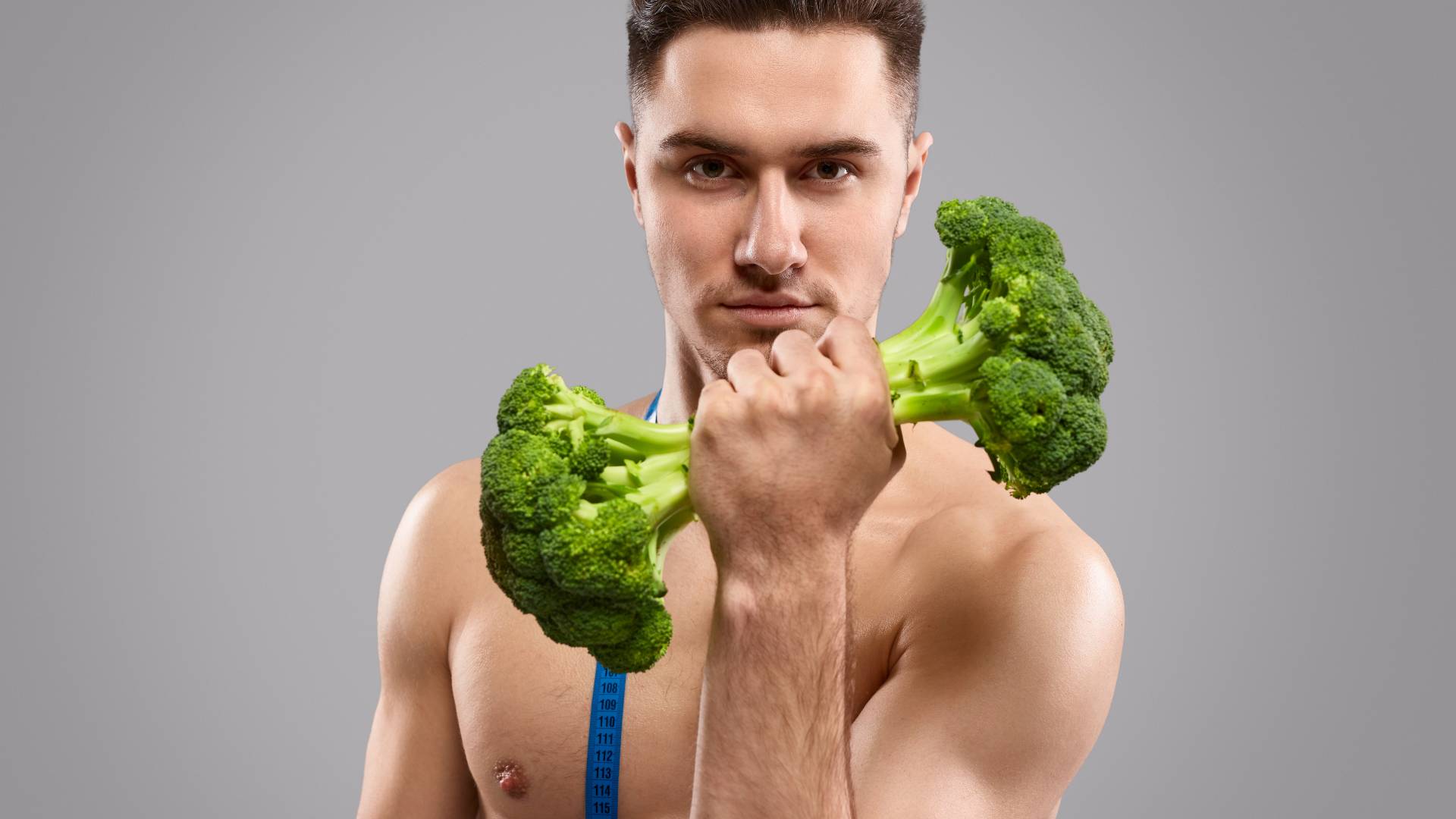
Of course, they can. When taken in the appropriate proportions and ratios, plant-based protein can provide all the so-called essential nutrients needed to gain muscle in sufficient quantities. It does not matter whether you are a bodybuilder, an athlete, or a casual gym visitor, you do not need meat to become lean and strong.
The significance of choosing plant-based sources does not only concern the healthfulness of the choice but its ethical and environmental-friendly character. Therefore, whether you consider making the transition or just have a hankering with regards to consuming additional plant protein, then, this is the appropriate time to make it.
Are you prepared to fuel your gains using intelligent nutrition?
Check out professional hints, muscle-building tips, and others at https://musclepact.com/. Either you are vegan, vegetarian, or simply plant-curious, we have all you need to power your fitness- wherever you are, plant-powered and proud!
You can also follow us on Facebook, Instagram and Pinterest.
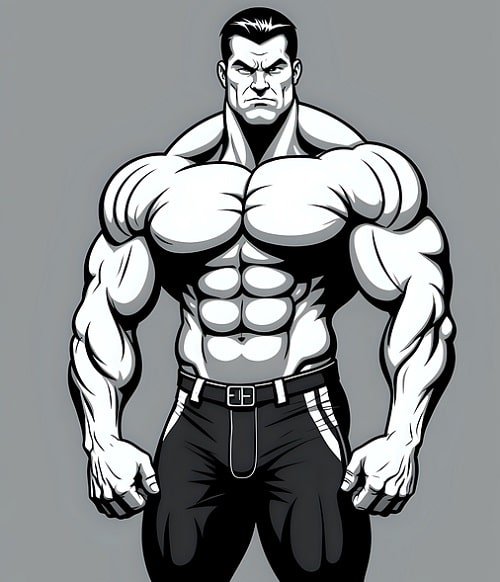
Writing is my passion. I like to share tips about muscle building, nutrition, and all sports things. If you like my articles, please let me know like commenting on them and sharing them in your social media accounts. Thank you!
